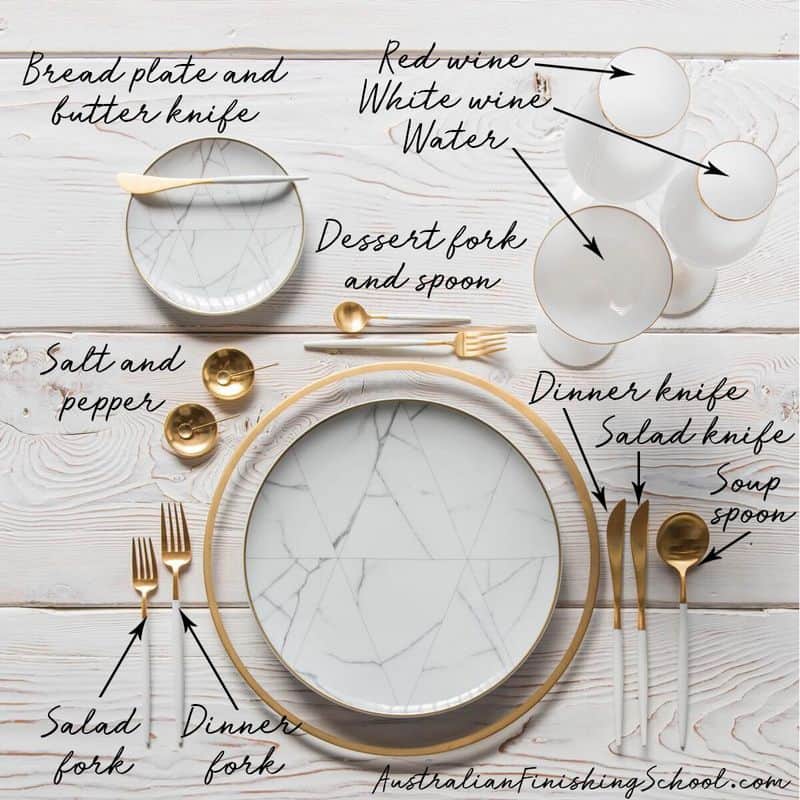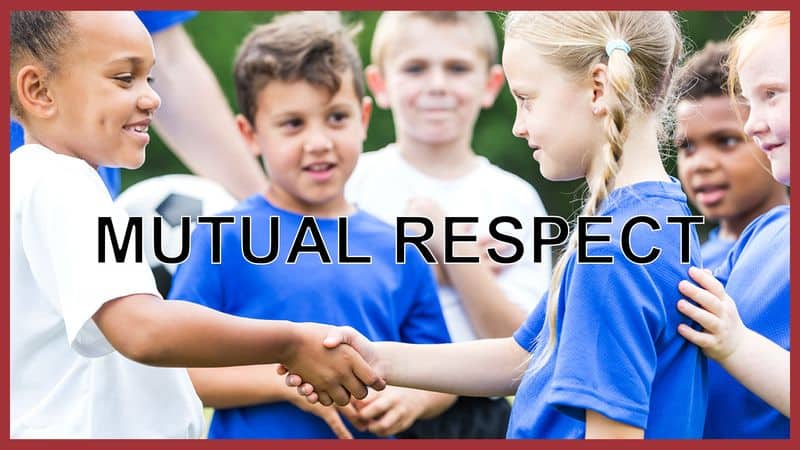In today’s fast-paced world, etiquette often gets overshadowed by technological advancements and shifting cultural norms. Yet, the principles of good manners remain as relevant as ever, bridging the gap between generations and fostering respect and understanding.
The new generation, while adept at navigating digital landscapes, sometimes overlooks these timeless rules that promote harmonious interactions in both personal and professional settings.
From polite conversation to mindful dining etiquette, understanding and embracing these principles can make a significant difference in how young individuals present themselves to the world. This guide highlights 15 key etiquette rules that every new-age individual should know to thrive socially and professionally.
1. Respect Personal Space

Respecting personal space is a fundamental aspect of etiquette. It’s essential to be mindful of how close you stand to others, especially in crowded places like public transport or social gatherings. Keeping a respectful distance shows consideration for others’ comfort.
Additionally, being aware of body language can help you gauge if someone is uncomfortable. This rule applies to both physical and digital interactions, ensuring you don’t invade personal boundaries. Respecting personal space fosters a sense of safety and ease, creating a more pleasant environment for all involved.
2. Mind Your Online Presence

In the digital age, your online presence is an extension of yourself. Being mindful of what you share and how you engage with others online is crucial. Think before you post, ensuring your content is respectful and considerate of diverse perspectives.
Remember, online interactions have real-world consequences, and maintaining a positive image can benefit both personal and professional relationships. It’s important to be authentic while also being respectful, as this balance will help you build a reputable online persona.
3. Practice Active Listening

Active listening involves fully concentrating on what someone is saying, rather than just passively hearing them. This practice shows that you value and respect the speaker’s thoughts and opinions.
Engage by making eye contact, nodding, and asking relevant questions. Active listening not only enhances conversations but also strengthens relationships by building trust and understanding. As you practice this skill, you’ll find that your interactions become more meaningful and fulfilling.
4. Punctuality Matters

Being punctual shows respect for others’ time and is a fundamental etiquette rule. Whether it’s a work meeting, a social event, or a casual hangout, arriving on time demonstrates responsibility and reliability.
If you anticipate being late, communicate promptly to manage expectations. Practicing punctuality can enhance your reputation and prevent unnecessary stress. It reflects your commitment to honoring others’ schedules and creates a positive impression in both personal and professional environments.
5. Express Gratitude

Expressing gratitude is a simple yet powerful etiquette rule. Whether it’s a verbal thank-you, a written note, or a small gesture, showing appreciation strengthens bonds and fosters goodwill.
Gratitude can transform relationships, making others feel valued and respected. It encourages a positive atmosphere and motivates kindness. Make it a habit to acknowledge the efforts of others, as this simple act can have a profound impact on your interactions and relationships.
6. Dress Appropriately for the Occasion

Dressing appropriately shows respect for the occasion and the people around you. Understanding the dress code—whether it’s formal, casual, or business casual—demonstrates awareness and consideration.
Appropriate attire sets the tone and ensures you feel confident and comfortable. It’s also a reflection of your personal brand and can influence how others perceive you. Paying attention to your appearance can enhance your presence and convey the right message in any situation.
7. Polite Dining Etiquette

Dining etiquette involves more than just knowing which fork to use. Being polite at the table includes waiting for everyone to be served before starting, chewing with your mouth closed, and engaging in pleasant conversation.
Respectful dining habits show consideration for others and elevate the dining experience. Practicing good table manners, whether at a restaurant or a friend’s home, demonstrates tact and enhances social interactions.
8. Respect Others’ Opinions

Respecting diverse opinions is key to positive interactions. In discussions, listen actively and acknowledge differing viewpoints, even if you disagree. This shows maturity and openness to learning from others.
Maintaining civility and avoiding heated arguments fosters a culture of respect and understanding. It’s important to engage in constructive dialogues, which can lead to meaningful exchanges and broaden your perspective.
9. Maintain Eye Contact

Maintaining eye contact is a powerful communication tool. It conveys confidence, attentiveness, and sincerity. When speaking, look at the person you’re addressing to establish a connection and demonstrate interest.
However, be mindful not to stare, as this can be uncomfortable. Balancing eye contact appropriately helps build trust and rapport, making your interactions more engaging and meaningful.
10. Avoid Interrupting Others

Interrupting someone while they’re speaking is considered disrespectful. It indicates a lack of interest in what they’re saying and can disrupt the flow of conversation.
Practice patience by allowing others to finish their thoughts before you respond. This shows that you value their input and creates a more respectful and productive dialogue. Avoiding interruptions fosters positive communication and understanding.
11. Be Mindful of Your Tone

Your tone of voice plays a significant role in how your message is received. Being mindful of your tone ensures that your words are interpreted as intended. Avoid sounding aggressive or dismissive, as this can lead to misunderstandings.
Adopt a friendly, calm, and respectful tone, especially in sensitive situations. The right tone can mitigate conflicts and enhance the quality of your interactions.
12. Keep Your Phone Away

In social settings, keeping your phone away shows respect for the people you’re with. Constantly checking your phone can signal disinterest and detract from genuine interactions.
Make an effort to be present, focusing on the conversation and activities around you. This practice enhances your connections and demonstrates consideration for others, making your interactions more meaningful.
13. Use Proper Language

Using proper language is a sign of respect and education. Avoiding slang and inappropriate language, especially in formal settings, reflects well on your character.
Clear and respectful communication ensures that your message is understood and appreciated. Tailor your language to suit the context, demonstrating your awareness of different environments and audiences.
14. Apologize When Necessary

Apologizing when you’re wrong is an important etiquette rule. A sincere apology shows humility and a willingness to make amends. It’s crucial to acknowledge mistakes rather than deflecting blame.
This simple act can mend relationships and prevent resentment. Owning up to your errors demonstrates maturity and integrity, strengthening your connections with others.
15. Respect Privacy

Respecting privacy is about understanding boundaries and not overstepping them. Whether it’s not eavesdropping on conversations or refraining from sharing others’ personal information, privacy respect is key.
This etiquette rule fosters trust and comfort, allowing others to feel secure in your presence. Be mindful of contexts where privacy is expected and act accordingly.

Well, hello there!
My name is Jennifer. Besides being an orthodontist, I am a mother to 3 playful boys. In this motherhood journey, I can say I will never know everything. That’s why I always strive to read a lot, and that’s why I started writing about all the smithereens I came across so that you can have everything in one place! Enjoy and stay positive; you’ve got this!

